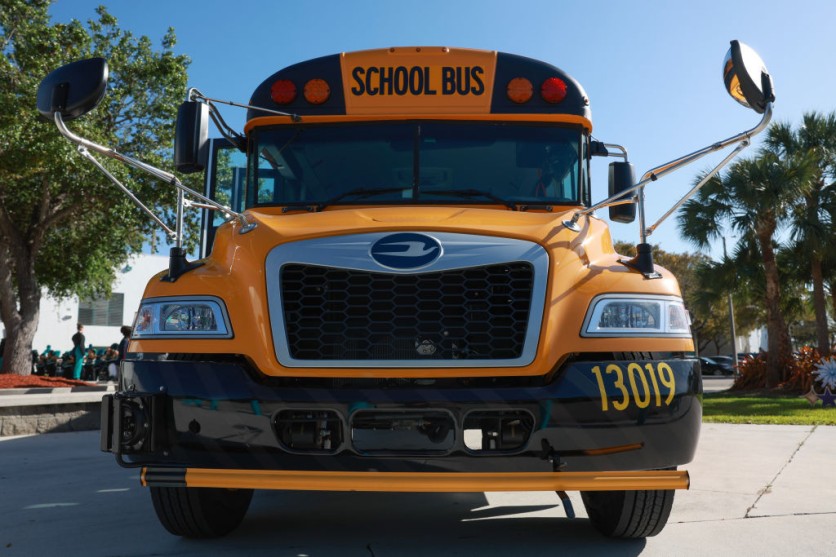Colorado Springs School District 11 is now reportedly using artificial intelligence to solve its ongoing school bus driver shortage, optimizing bus routes, arrival times, and even driver pay.
The lack of qualified school bus drivers around the country has left many students without dependable transportation. According to research by the Economic Policy Institute, the number of bus drivers in K-12 schools worldwide fell to roughly 192,400 in 2023-a 15.1% decrease from 2019.

District 11 had budgeted for roughly 110 bus drivers at the start of the school year, but they could only hire about 60. Ridesharing business HopSkipDrive built the AI system under test, and the school district teamed with RouteWise AI to address the problem.
According to Joanna McFarland, co-founder and CEO of HopSkipDrive, the company's AI looks at every type of vehicle-bus, car, van, and school-to find the best routes. McFarland adds that the AI can create a first draft of routes in hours and finish them throughout the weekend.
District 11 currently runs roughly 55 bus routes. Drivers who offer ridesharing services have received specialized training and undergone stringent background checks.
A school district the size of D-11 would have to pay roughly $50,000 to use that AI tool, according to HopSkipDrive. The software saved the district over half a million dollars last year.
District 11 reported improved on-time arrivals, a nearly 50% reduction in bus routes, and greater driver compensation after eight months of employing the AI program.
Without the service, Superintendent Michael Gaal claimed that student education would have suffered. He was able to preserve the jobs of at least ten instructors because of the financial savings from the program.
School Bus Driver Shortage Solutions
The current school bus driver shortage has caused numerous school districts to employ many ways to solve the ongoing crisis. Just at the start of May, the St. Louis school district reportedly looked to pay some families to drive their kids to school to offset the shortage.
Families with a history of chronic bus absences this school year are reported to receive gas cards from the school district for the next two weeks. For the final two weeks of instruction, any family in the district willing to provide transportation for their kids can get $75.
AI Against Transportation Issues
Globally, AI is being used to improve transportation shortages. Reservations, driver dispatches, and overall operations management will be improved by the booming technology announced this past Tuesday, May 28, by a volunteer ride program in New Brunswick.
Urban/Rural Rides is a nonprofit that provides transportation services to seniors, low-income families, and those with modest disabilities. By the end of the year, the software will be accessible throughout the province. According to Executive Director Kelly Taylor, the ride-booking and volunteer driver assignment processes will run much more smoothly thanks to technology.
The government of New Brunswick declared on Monday that it will commit $2 million over four years. Blaise Transit, a Montreal-based software provider for transit networks, will collaborate with Urban/Rural Rides on the project.
Related Article: US-based Joby Aviation Will Launch Flying Taxis in Abu Dhabi, Promising Faster Travel Time

ⓒ 2025 TECHTIMES.com All rights reserved. Do not reproduce without permission.




